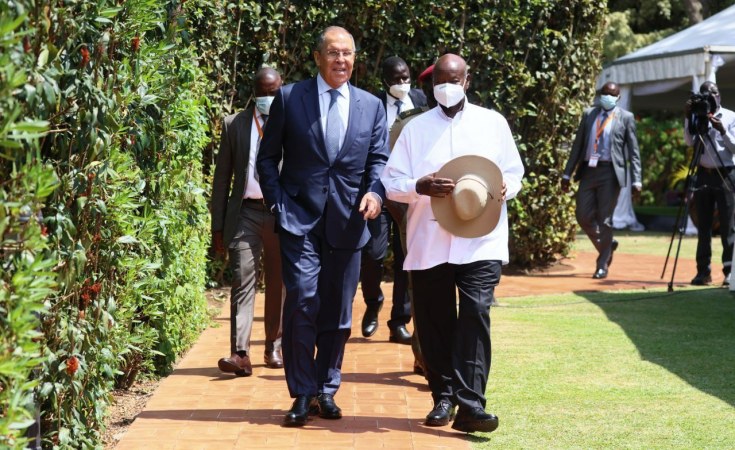Read in
A RUSSIAN company Uralchem has announced that it is ready to supply 25,000 tons of fertilizer to Africa free of charge as part of its contribution to global food security and the fight against hunger.
By Savious Kwinika
Uralchem is one of the top five major Russian chemical companies producing nitrogen, potash and complex fertilizers and exporting them to various countries around the world.
Several years ago the company announced its interest in the African market and its intention to expand the supply of fertilizers to the African continent.
Uralchem and Uralkali, a part of the same chemical holding company, have been supplying nitrogen and potash fertilizers to African countries, in particular Zambia and Zimbabwe, for many years.
Uralchem and Uralkali executives have visited African countries several times and met with leaders and heads of a number of African countries – Zambia, Zimbabwe, Kenya, Mozambique, Nigeria, Ghana, Senegal and others.
In 2021, Uralchem announced plans to build fertilizer production facilities in African countries.
Dmitry Konyaev, CEO of Uralchem, heads the Russia-Nigeria Business Council. Dmitry Mazepin, who was a head of Uralchem until March 2022, is chairman of the Russia-Zimbabwe Business Council.
In March 2022, Dmitry Mazepin was put on the EU sanctions list, after his participation in the famous February 24 meeting of Russian President Vladimir Putin with major Russian businessmen (almost all participants of this meeting were subsequently sanctioned).
Uralchem’s initiative provides for humanitarian delivery of the consignment of products (urea or complex fertilizers) in the amount of 25 thousand tons to the port of Lome in the Togolese Republic.
Dmitry Konyaev, Uralchem CEO, commented: Amid this complicated geopolitical situation, which has significantly affected global market conditions for production and consumption of fertilisers, Uralchem is ready to provide support to agricultural producers in Africa by making a free shipment of some of our base and advanced products.
As a key industry player, we understand how important it is to support agriculture, both in our domestic market and in Africa, which is having a very hard time weathering through this economic crisis.
EU’s new 7th package of sanctions against Russia is lifting restrictions from agricultural and food products including fertilisers: Consequently, none of the measures in this Decision target in any way the trade in agricultural and food products, including wheat and fertilisers, between third countries and Russia.
Dmitry Mazepin has not been a controlling shareholder and top-manager of Uralchem for many months, but the companies’ assets have fallen under restrictions due to EU sanctions, and they cannot normally export their fertilizers.
Earlier this week, agreements were signed on the supply of Ukrainian grain and Russian agricultural products and fertilizers in Istanbul under the auspices of the United Nations involving Turkey, Russia and Ukraine.
Experts noted that to solve the food crisis, fertilizers should be recognized as humanitarian goods, on a par with food, medicine and other vital commodities.



